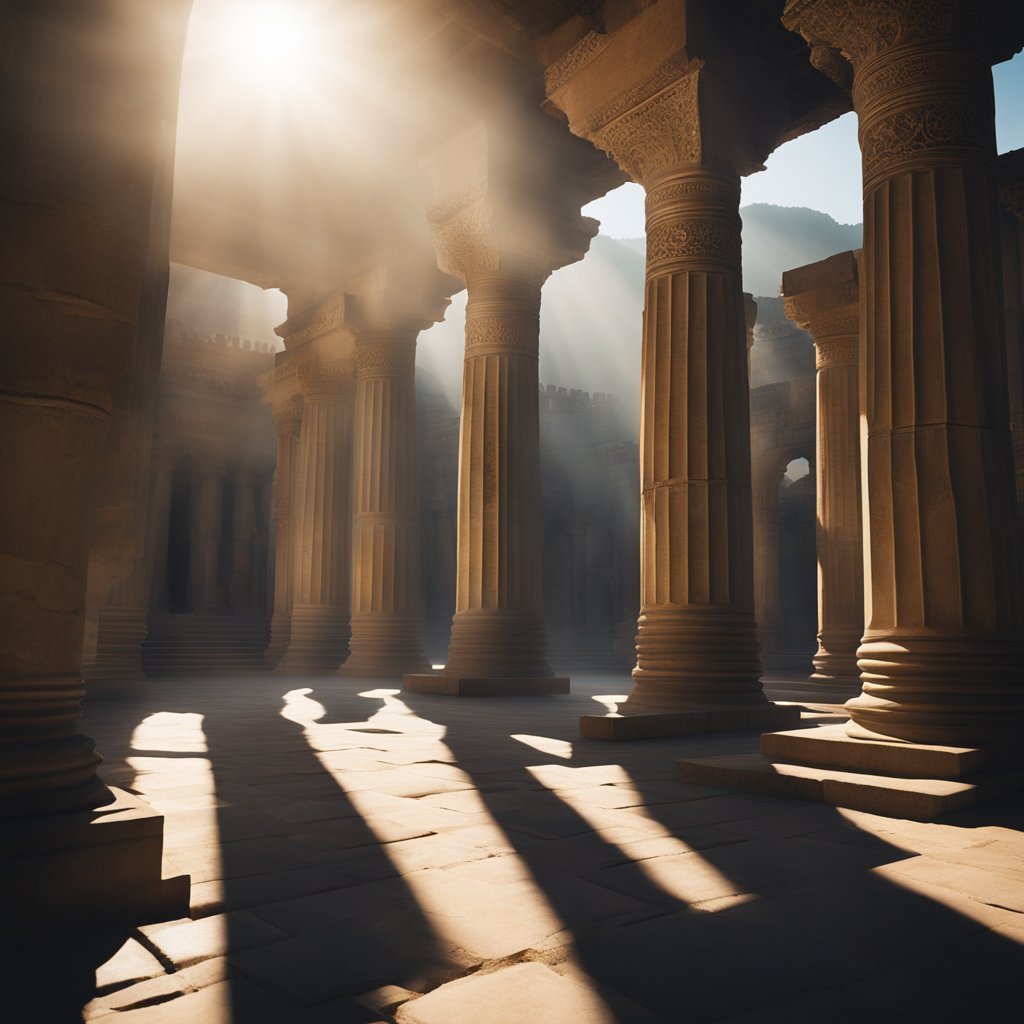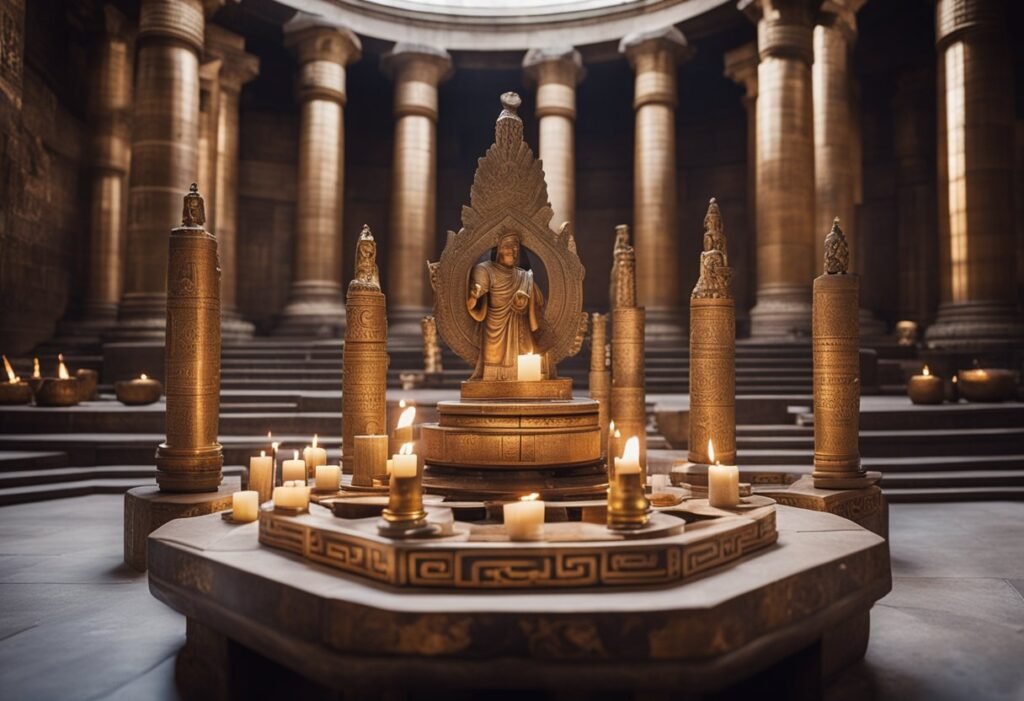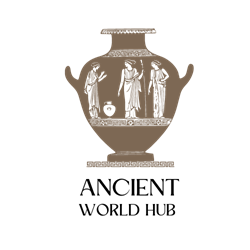Everyone’s heard of the Oracle of Delphi, but what exactly was its purpose, and why did the Ancient Greeks hold it in such high regard? Nestled on the slopes of Mount Parnassus in central Greece, the Oracle of Delphi served as a bridge between the divine and the mortal. The primary purpose of the Oracle of Delphi was to deliver prophecies from the Greek god Apollo, offering guidance on everything from politics to personal dilemmas.
Picture it: leaders and citizens alike would journey from far and wide, seeking wisdom and insight from the enigmatic Pythia, the priestess who served as Apollo’s mouthpiece. Her cryptic messages, believed to be divinely inspired, could influence critical decisions, sway political alliances, and even foretell wars. This sacred sanctuary wasn’t just a mystical hotspot; it was a vital part of the socio-political fabric of the time.
Beyond just prophecies, the Oracle of Delphi symbolized a higher spiritual connection and provided a sense of order and understanding in a chaotic world. People from all walks of life saw Delphi as a place where the divine could help navigate the uncertainties of human existence. So, what secrets did Pythia whisper, and how did her words shape the ancient world? Let’s dive deeper.
Historical Significance

The Oracle of Delphi played a vital role in shaping the political and cultural history of ancient Greece. This section explores its origins, its place in Greek society, and the major decisions it influenced.
Origins of the Oracle
The Oracle of Delphi, dedicated to the Greek god Apollo, was established around the 8th century B.C. Nestled on the slopes of Mt. Parnassus, it became a central religious sanctuary. The priestess, known as the Pythia, would enter a trance-like state to deliver prophecies.
Ancient Greeks believed these prophecies were direct messages from Apollo. The oracle’s reputation grew, attracting visitors from various regions seeking divine guidance. Delphi became renowned as the navel of the world, emphasizing its centrality in Greek religious life.
Role in Ancient Greece
Delphi was more than just a religious site; it was a hub of Greek culture and politics. Individuals and city-states would visit the oracle to seek advice on diverse matters, from personal dilemmas to critical state affairs. The oracle’s predictions influenced decisions on wars, colonization, and religious practices.
Delphi was also the venue for the panhellenic Pythian Games, similar to the Olympic Games. These games fostered unity among the Greeks, further underscoring the oracle’s significant cultural influence. The sanctuary’s treasures, statues, and temples reflected the dedication and reverence people had for Delphi.
Major Decisions Influenced by the Oracle
The Oracle of Delphi had a profound impact on many historical decisions. Leaders and city-states often sought the oracle’s guidance before embarking on major endeavors. For example, King Croesus of Lydia consulted the oracle before his war with Persia. Although the prophecy he received was ambiguous, it highlighted the oracle’s crucial role in shaping geopolitical events.
Another example is the founding of colonies. The oracle’s advice was sought to determine the best locations, ensuring the success of new settlements. This practice had a lasting impact on the expansion of Greek culture and influence across the Mediterranean region. The oracle’s influence on these decisions underscores its importance in ancient Greek society.

Cultural and Religious Impact
The Oracle of Delphi had a profound influence on ancient Greek culture and religion. It played a significant role in interpreting divine will, hosting sacred pilgrimages, and shaping mythological narratives.
Interpretation of Omens and Prophecies
The Oracle of Delphi, known as Pythia, was believed to convey messages directly from Apollo. People from all over Greece consulted the Oracle for guidance on important matters. Her prophecies were often cryptic, requiring priests to interpret their meaning. These interpretations helped shape decisions on wars, colonization, and political strategies. Kings, military leaders, and common citizens alike sought her insight, believing her words reflected the will of the gods.
Pilgrimages and Rituals
Pilgrimages to Delphi were considered essential spiritual journeys. Visitors often traveled great distances to seek the Oracle’s guidance, participating in various rituals during their stay. These rituals included sacrifices, offerings, and ceremonies meant to honor Apollo and gain favor with the gods. The sanctuary itself was adorned with precious objects and statues, gifts from those grateful for the Oracle’s counsel. This influx of visitors fostered a sense of unity and shared faith among the Greek states, reinforcing the cultural significance of Delphi.
Mythology and Legends
The Oracle of Delphi features prominently in many Greek myths and legends. Stories of her visions and pronouncements are woven into the tales of heroes like Oedipus and Heracles. These myths highlight the Oracle’s ability to foresee future events and shape the destiny of individuals and nations. The legend of the omphalos, or the “navel of the world,” placed Delphi at the center of the earth in Greek cosmology. Such stories elevated Delphi from a mere sanctuary to a pivotal location in the mythological and cultural landscape of ancient Greece.

